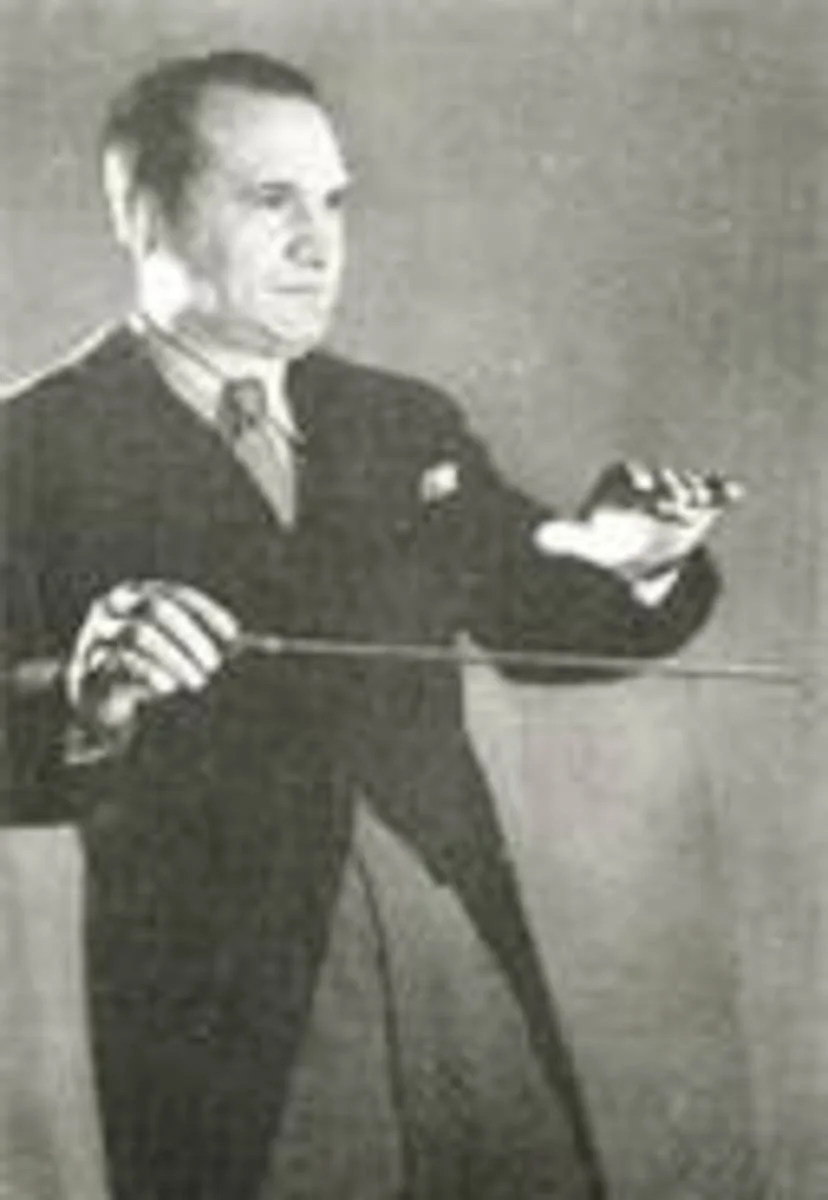Andante et scherzo - Eugène Bozza
Eugène Bozza was one of the central figures of French instrumental music in the mid-twentieth century. A graduate of the Paris Conservatoire and later director of the École Nationale de Musique in Valenciennes, Bozza wrote prolifically across nearly every genre. Among his most enduring contributions is a body of chamber and solo works for wind instruments that combine lyrical expressivity with clear formal design and a distinctly French lightness of touch. His Andante et Scherzo for saxophone quartet, composed in 1938 and dedicated to Marcel Mule’s pioneering ensemble, exemplifies the refinement and imagination that established the saxophone quartet as a serious medium in concert music.
The work unfolds in two compact yet highly contrasted movements. The opening Andante features a long-breathed, cantabile melody introduced by the tenor saxophone, set against the warm, homophonic support of the ensemble. Its harmonic language, rooted in modality and colored by impressionist inflections, reveals Bozza’s gift for lyricism and his sensitivity to the saxophone’s vocal qualities. In contrast, the Scherzo is an effervescent miniature: playful, agile, and rhythmically driven. Its staccato exchanges dart rapidly through the quartet, highlighting the precision and virtuosity of the ensemble while maintaining an air of wit and charm.
Together, the two movements distill Bozza’s characteristic blend of lyric beauty and rhythmic vitality into a brief but compelling statement. Andante et Scherzo not only demonstrates the expressive range of the saxophone quartet but also reflects the flowering of French repertoire around Mule’s Paris Quartet in the 1930s, a period that laid the foundation for the instrument’s modern chamber music tradition.
(Program note written by Don-Paul Kahl)

